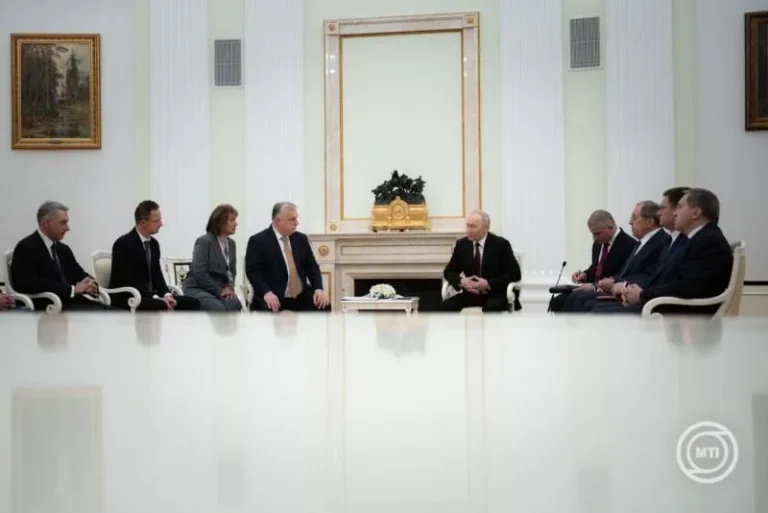Viktor Orbán
Could civil war erupt after next April? Every second Hungarian believes the election will be rigged

Politico: PM Orbán ranks among Europe’s most powerful leaders

PM Orbán claimed Trump promised financial shield for Hungary — but the U.S. President denies it

Hungarian company 4iG secures major deals in Türkiye during PM Orbán’s official visit

PM Viktor Orbán: This will be our last election before the war

Turning point? People find Péter Magyar and PM Viktor Orbán “equally qualified” to lead the country

BREAKING: Hungary to raise minimum wage next year

Nationwide revamp of Hungarian healthcare under way, promises PM Orbán

PM Orbán is making steady strides towards another significant victory, but can Péter Magyar turn the tide?

The EU may release billions of euros to PM Orbán just ahead of the 2026 elections

Breaking: Polish president cancels meeting with Orbán after his trip to Moscow

PM Orbán acting as Trump’s envoy in Moscow? Big business on the horizon with the Russians

PM Orbán after his Moscow visit: NATO troops must be deployed to the front to secure Ukrainian victory

Latest poll shows that Péter Magyar’s victory and a government change are unlikely

Interpreter errors raise eyebrows at high-profile Putin–Orbán meeting

Putin praises Orbán’s “balanced” Ukraine stance as leaders discuss potential Russia–US summit in Budapest

Economist: All conditions in place to change the semi-authoritarian government in Hungary

BREAKING: PM Orbán heads to Moscow at dawn to meet President Putin





 ZH
ZH IT
IT DE
DE HR
HR NL
NL FR
FR JA
JA RO
RO RU
RU ES
ES TR
TR
